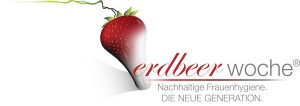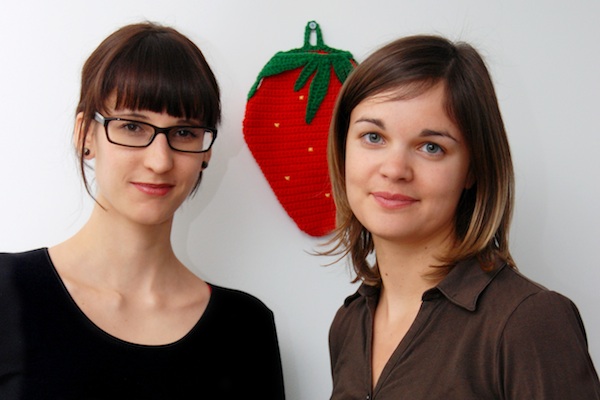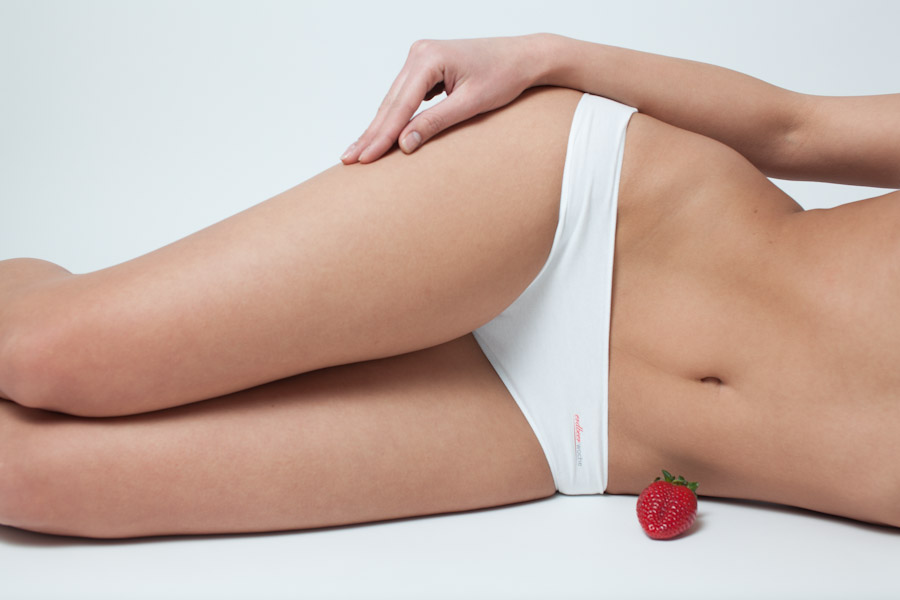Expertise, Green - Natural - Safe, Choose your lifestyle
Sustainable feminine hygiene with Strawberry Week

Apr
The strawberry weekan online shop run by the two adorable girls Annemarie and Bettina, is the first company in the German-speaking world to specialise in sustainable feminine hygiene. The aim of erdbeerwoche is to focus on raising awareness of the topic of menstruation and sustainable feminine hygiene products. Never heard of it? erdbeerwoche knows what to do and has all the information you need on pads and tampons made from organic cotton, menstrual caps and underwear made from organic cotton.
erdbeerwoche has conducted numerous surveys and studies and discovered that:
- a woman uses between 10,000 and 17,000 pads and tampons in her lifetime
- around 45 billion pads and tampons are thrown away worldwide every year
- more pads (70%) than tampons (30%) are used worldwide
- Women in Western countries use tampons more often than pads
- Pads and tampons make up the majority of rubbish on beaches
Annemarie and Bettina - pioneers in sustainable feminine hygiene
ds
The two women working in the sustainability sector are also concerned with the fact that the women of this world can have a decisive influence on the environment and our health by consciously choosing their hygiene products - and thus help to bring our planet back into balance!
ds
Why organic feminine hygiene products?
Conventional pads and tampons, which include almost all products that can be bought in conventional supermarkets and even in vending machines, are made from bleached and scented cellulose. This is first processed and mixed with various chemicals, then pressed and coated with a layer of plastic. Both the ingredients and the outer layer of plastic can irritate the skin and even cause infections, which is particularly long-lasting and unpleasant in the intimate area.
The consumer magazine "Öko-Test" analysed common tampon brands and was shocked to discover that fourteen of sixteen well-known brands contain halogenated organic substances. These chemical compounds are produced when the cellulose is bleached and can cause severe allergies, among other things.
Another problem with bleaching cellulose to make it nice and white is that dioxin is released. Dioxin is a highly toxic substance that is known to be carcinogenic and can even cause infertility. And although this form of bleaching is now banned in Europe, it still happens that companies have not found an alternative and carry on as before.
But that's not all. Pads, tampons and panty liners also contain a whole army of other toxins: Formaldehyde compounds, plasticisers, dyes and fragrances...
ds
The alternatives
Of course, there are already a range of great alternatives that have a number of advantages: Organic hygiene products contain no or no irritating and harmful chemicals, are more economical and packaged in an environmentally friendly way and do not use synthetic fibres or genetically modified cotton. And those who want to go one step further will find what they are looking for in menstrual caps and sanitary towels.
Here there are plenty of safe organic alternatives for your feminine hygiene.
photo credit: http://www.beechange.com/

